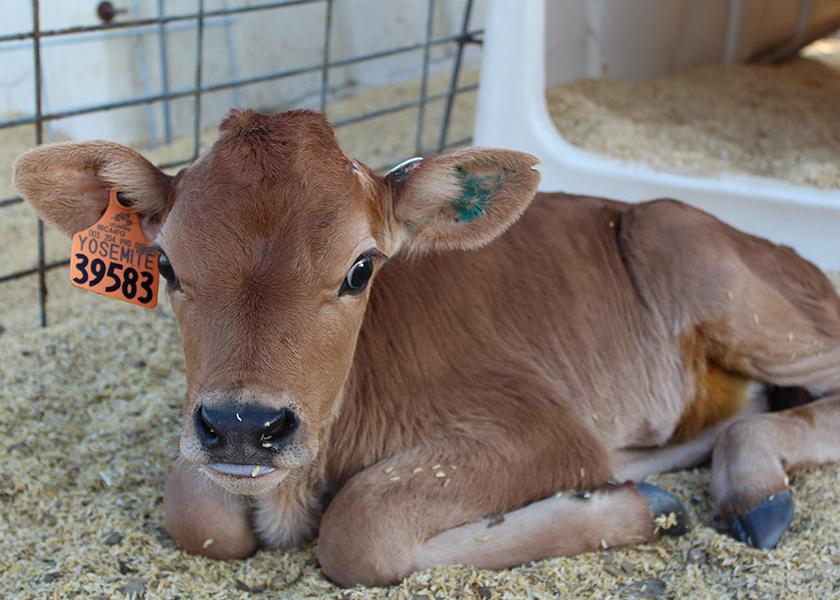Ear Tag Shortages Persist

For more than a year, livestock producers nationwide have struggled to secure ear tag supplies in a timely manner.
Supply chain disruptions caused by material and labor shortages created a backlog that has yet to be resolved. What’s more, manufacturing was further slowed when Allflex, one of the nation’s largest tag manufacturers, switched to a new production system as a part of its transition under ownership of Merck Animal Health, an acquisition that was initiated in 2018.
Animal health and livestock equipment supplier PBS Animal Health recently acknowledged the shortage, noting “tags are incredibly hard to find, and some farmers have been waiting for months to receive their orders. The shortage makes it more difficult for producers to keep important records.”
Similarly, web-based Cattletags.com recently posted an update on tag shipment delays, noting they should expect to wait 20 weeks or more for many products.
Holstein USA has been advising producers to expect at least an 8-week delay in receiving tags; build at least a 6-month on-hand supply; and submit follow-up orders to stay ahead of anticipated tag needs.
If you’re struggling specifically to find RFID tags, one source of relief might be your state veterinarian. The USDA Animal and Plant Health Inspection Service awarded contracts in 2020 to purchase up to 8 million low-frequency RFID tags, which are being distributed through state veterinarians.
When Gustine, Calif. dairy producer Darlene Lopes ran out of RFID tags last spring, “the state veterinarian gave us 1,000 tags,” she shared. “If he hadn’t done that, we would not have been able to comply with state rules.”
Relief from the shortage may be in sight, thanks to a recent announcement by Merck Animal Health that they are opening a new animal health intelligence manufacturing facility in Baton Rouge, La. The Baton Rouge facility will become another supply site for Allflex ear tag production, along with the current site in Dallas, Texas, which has been running 24 hours a day, 7 days a week.
For more on supply chain issues, read:
- Dairy Supply Chain Continues to Face Challenges
-
How Long Could Supply Chain Problems Persist For Farmers? John Deere Weighs In







